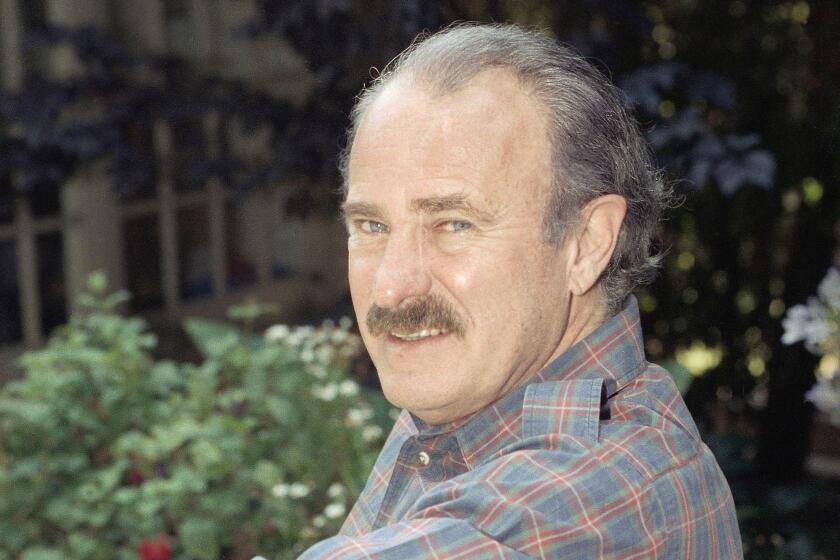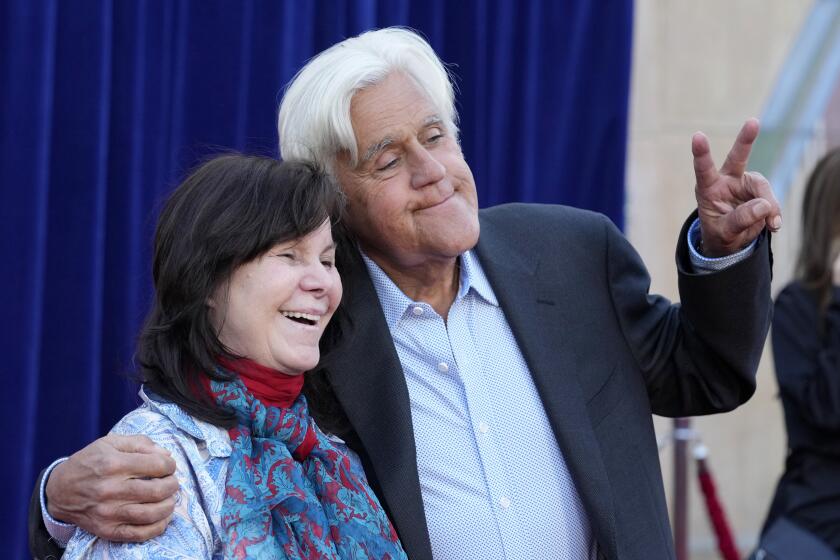Should kids be seen?
On Wednesday, CBS will premiere “Kid Nation,” a reality show that puts 40 youngsters, ages 8 through 15, in a New Mexico “ghost town” for 40 days without electricity, indoor plumbing or adult supervision. While six weeks off the grid may sound like exactly what today’s over-mediated, nature-phobic, hyper-parented kids need most, some people are suggesting that the finer points of the arrangements are more reminiscent of “Oliver Twist” than a Sierra Club camping trip.
In recent weeks, news has surfaced that a few of the children sustained minor injuries during filming and that the producers may have violated New Mexico child labor laws (they claim these weren’t applicable because the kids were “participants,” not “employees”). It’s been reported that the kids’ parents signed contracts not only promising confidentiality (a violation of which carries a $5-million penalty) but also waiving their rights to sue in the case of “serious bodily injury, illness or death.”
The payoff for this gamble? Each child received $5,000, plus chances to win many times that amount in prizes. Every week on the show, one child is awarded a gold star worth $20,000. “That’s gonna pay for a lot of college,” host Jonathan Karsh says in the promotional trailer that’s just about all anyone’s seen so far of “Kid Nation.” Other highlights of that footage include scenes of kids pulling oxcarts, cleaning outhouses and weeping during “Lord of the Flies”-style power struggles.
Being a reality show, it’s likely that many of these scenes were staged and that some of the kids’ lines were fed to them (for the record, CBS has stated that there were counselors on set, just not on camera). Because we don’t know exactly what went on, it’s hard to say how much exploitation actually happened. But what’s interesting about all the fuss is the way it’s contradictory to the fuss we usually hear about youth.
With nary a thong, video game or cellphone in sight, the children on the “Kid Nation” promo appear more physically active, intellectually engaged and (no small thing) appropriately dressed than most kids on TV (and in real life) these days. Instead of tempting diabetes with junk food or singing 50 Cent songs to their Bratz dolls, they’re working with their hands, breathing fresh air and wearing clothes (think head kerchiefs and galoshes) that suggest the cast of “Little House on the Prairie” as models for Gap Kids (no doubt they were told what to wear, but still . . . ).
So good enough, at least they look and act like kids. But somehow it’s hard to stop thinking about their parents, and about everyone’s motivation.
With rare exception, grown-ups go on reality shows to win the game, take home the cash and, with any luck, parlay the attendant fame into some way of quitting their day job. And while it’s unlikely that the youngest citizens of “Kid Nation” were specifically in it for the dough, a quick YouTube search suggests older kids might see things differently. In an audition video for the second season of “Kid Nation” (already in the works) a Seattle preteen sheepishly explains that part of her reason for wanting to be picked is “we’re kind of in a situation of us needing money.”
On YouTube you can also find a startlingly prescient parody cooked up by comedian Jamie Kennedy back in 2002. Addressing a group of parents, he poses as a producer of “Child Island,” in which half a dozen kids get dropped on an island for 13 days with “no food and no fun.” After being told several outrageous things, including “no one’s going to push your kid off a cliff, but if it happens we’ll shoot it,” a few of the parents still appear to be entertaining the idea of putting their kids on the show. “If she gets bullied, is it OK if she hurts them back?” asks one father.
All this makes for a fascinating case study in the way “having big plans” for your kids may be changing. A few decades ago, these same folks might have been pushing their kids to win a science fair. But now that the culture of celebrity worship spans several generations, and because it’s a biological imperative for parents to want for their children what they couldn’t attain themselves, it makes perfect sense that some may want to see their kids on reality shows more than they want them becoming doctors.
Success, we’re told these days, is not just about achievement but public (preferably televised) achievement. Parents who buy into this might be foolish, but they’re also fiercely protecting their kids from the fate we’ve come to fear most: invisibility.
The complete guide to home viewing
Get Screen Gab for everything about the TV shows and streaming movies everyone’s talking about.
You may occasionally receive promotional content from the Los Angeles Times.




